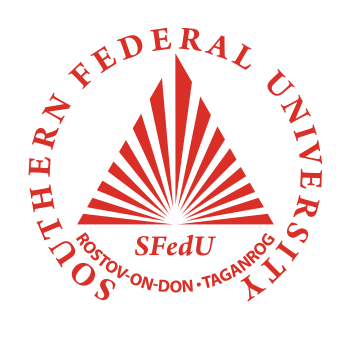Alan Mathison Turing is often considered to be the father of modern computer science. Many other people also played a very important role in the creation of computers
![]() 1
1
.
Turing was born in London, England, in 1912. His father was a member of the Indian civil service, so Turing's parents often travelled between England and Italy. Since his early childhood Turing was recognized as a young genius but during his school years he was often criticized by his educators because of
![]() 2
2
. Anyway he finished a famous public Sherborne School, London, followed by King's College, Cambridge and finally moved on to Princeton University.
Turing's professional activity started with the development of a true digital computer. Thus he was involved in the creation of Automatic Computing Engine at the National Physical Laboratory and later -Manchester Automatic Machine at the University of Manchester. His famous paper "Computing Machinery and Intelligence" in 1950.
![]() 3
3
Turing believed that machines could be created that would mimic the processes of the human brain. The Turing Machine that he envisioned is essentially the same as today’s multi–purpose computers, working according to a particular algorithm. In 1950 he wrote a paper describing what is now known as the “Turing Test” that has become
![]() 4
4
.
The range of his scientific interests also included
![]() 5
5
.
In 1954, at 41, he died suddenly of cyanide poisoning, leaving the world a priceless legacy of his papers, ideas and achievements.
![]() 6
6
which he introduced lies at the heart of every computer program for any type of digital computer. Besides the Turing award given annually by the Association for Computing Machinery to a person
![]() 7
7
is widely considered to be equivalent of the Nobel Prize in the computing world.
